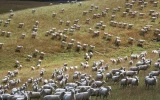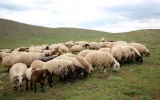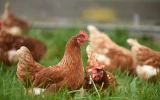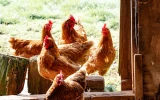Best Sheep for Smallholding UK (Easiest & Most Profit)
Sheep farming has contributed greatly to the economy of the United Kingdom. Sheep were raised for their milk, meat, and wool from their fleece since long ago in the UK. If you own a smallholding in the UK and plan to raise sheep, this article will tell you about the best sheep for a smallholding in the UK that are easiest to care for and therefore give great profit.
The easiest sheep to care for, which also gives the most profit, is the Easy-care breed. This sheep is a crossbreed of the self-shedding Wiltshire Horn and the robust Welsh Mountain sheep, which resulted in improved welfare and profitability. Easy-care sheep provide ease with lambing and do not require shearing.
Since smallholders have limited space, it’s best to choose a breed that will fundamentally increase your profit and lay off extra workload for farmers. The easy-care breed is the best choice so far for beginners in sheep farming, but there are other options for sheep breeds that you can choose from. Let's get to know more about them.
Summary
- Easy-care sheep breeds are the easiest and by far the most profitable sheep to raise on a smallholding in the UK.
- Easy-care sheep are preferred by farmers in the UK because of their easy outdoor lambing and self-shedding characteristics, as well as their disease resistance and fast growth.
- Some farmers still opt for traditional purebred sheep like Suffolk, Texel, and Black Welsh Mountain sheep.
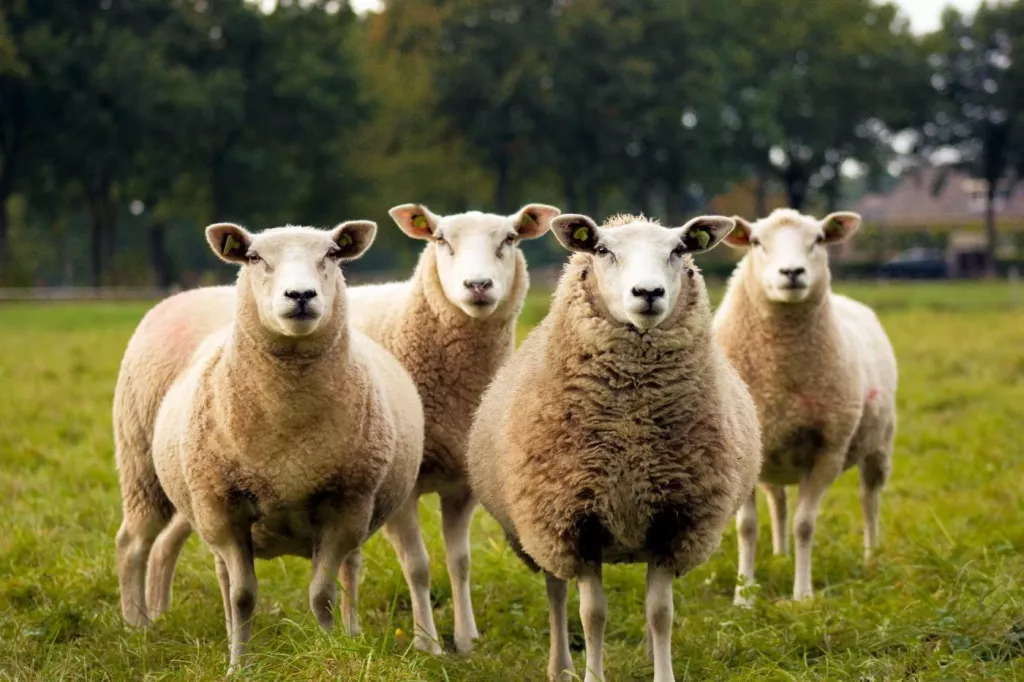
On this page:
The Easiest and Most Profitable Sheep for Smallholdings in the UK
Easy-Care sheep possess the characteristics of the self-shedding Wiltshire Horn and the robust Welsh Mountain sheep. These characteristics make this breed easy to care for and profitable. Many farmers in the UK have been resorting to Easy-care sheep to boost their profit, which explains the fast expansion of this breed.
Genetic factors such as ease of lambing and parasite and disease resistance have long been overlooked. This is what pushed Iolo Owen, a Welsh sheep farmer, to develop the Easy Care breed of sheep in the early 1960s.
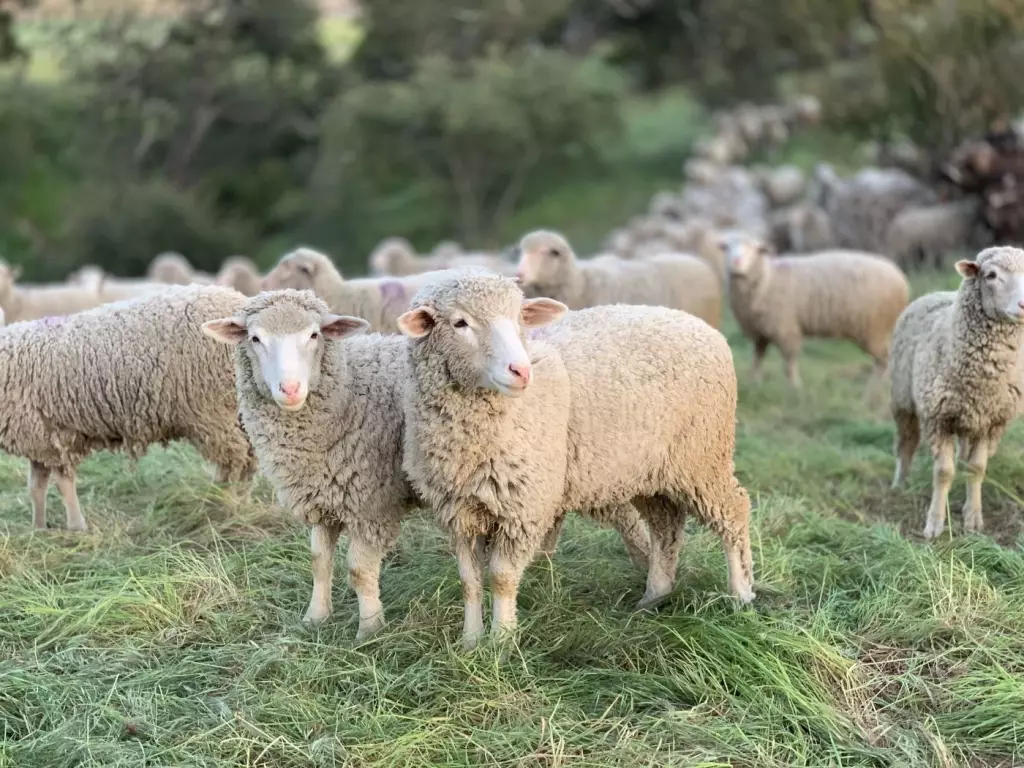
Sheep are one of the easiest farm animals to raise on a small plot. They are low maintenance, yet they make a great profit with their milk, meat, and wool. Their wool can even sell for $35 to $64 per pound. They are also great lawnmowers, so keeping them on your land cuts out unnecessary vegetation and preserves the valuable grassland.
However, to make a good profit out of sheep farming, one must be knowledgeable on which sheep breed suits their agroclimatic conditions as well as which breed is easiest to raise as livestock. For the longest time, the selection of breeding stock has been based on visual appearance, the quality or weight of the fleece, and the number and size of lambs.
The key features that make Easy-care sheep sought-after are the following:
Easy-care sheep are easy to lamb
This means less assistance during birthing, lower labor costs, and reduced losses. Lamb losses at birth are kept to a minimum. Newborn lambs are up and suckling a few minutes after birth.
Easy-care sheep self-shed in spring
These sheep naturally shed their fleece in the spring, which reduces the workload of farmers. No crutching, shearing, or tail docking is required and there are seldom any fly strike problems. This characteristic also makes milk production easier and well as provides ease in assessing the ewe’s overall condition.
Easy-care sheep are disease-resistant
Easy-care sheep have improved overall welfare. They only encounter low levels of mastitis, lameness, parasites, worms, and abortive diseases. This reduces veterinary costs, labor costs, and anti-helminthic drug use for about 2 years.
Easy-care sheep have fast growth and quick returns
In 12 weeks, lambs reach 17 kg. or 37.5 lbs. Their meat quality is also light in texture, fine-grained, and lean—which meets the market demand. The average lambing percentage of Easy-care sheep is also at 200%, which means a good, quick return on investment.
Easy-care sheep can be lambed outdoors
Usually, sheep must have space for lambing season. For Easy-care sheep breeds, they can give birth even outside. This reduces minimal infrastructure and labor costs.
Other Sheep Breeds to Consider for Smallholdings in the UK
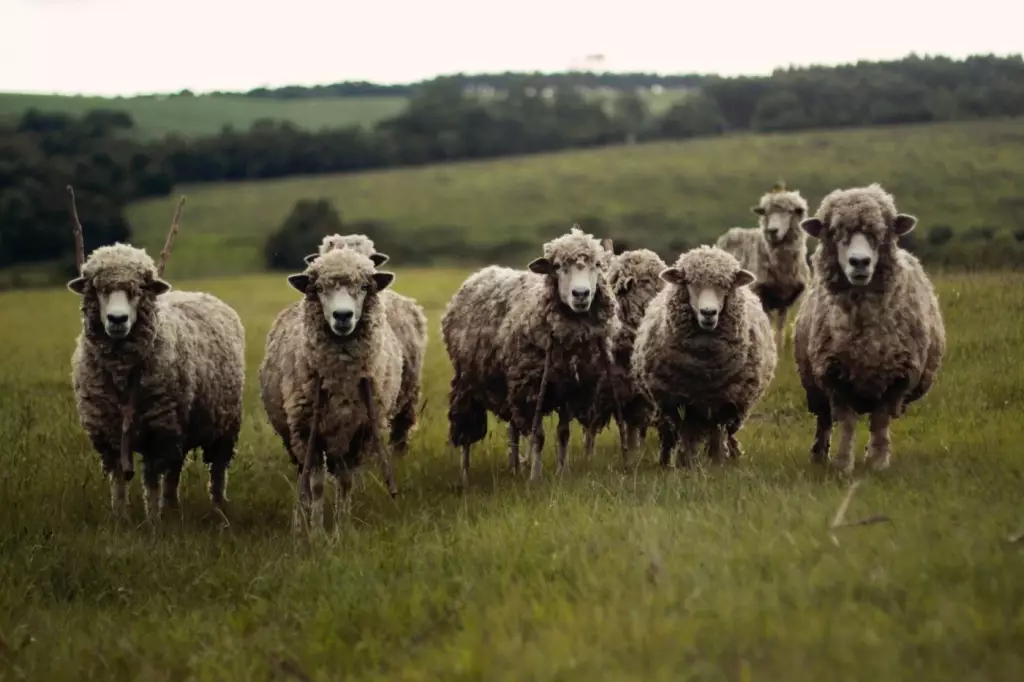
Although Easy–care sheep breed has been dominating the UK farmlands, some still opt for the traditional breeds of sheep. Below is a list of other easy-to-raise sheep breeds that can also be profitable for your smallholding for their carcass, wool, and meat quality.
Swaledale sheep is well suited to high-lying situations
They are well known for being bold, hardy sheep well suited to high-lying situations. The ewes are excellent mothers which can raise lambs in all conditions.
British Charollais sheep produce fleshy lambs
They produce fast-growing, lean, heavy, fleshy lambs with good conformation. Their shape ensures trouble-free lambing, with lively, vigorous lambs and good maternal traits.
Hampshire Down sheep survive hot and cold weather
They can produce quick-maturing good quality lambs with good conformation and feed conversion rate. They are also hardy and can survive both extremes of heat and cold.
Suffolk sheep are used for profitable meat production
They are one of the most popular terminal sire breeds in the UK, used for profitable sheep meat production, and producing lambs with high loin muscle depth.
British Texel sheep are good producers of milk
They are the most dominant terminal sire in the UK, producing exceptional carcass quality. Texel sheep are docile, prolific, hardy, and good producers of milk.
Lleyn sheep are known for ease of lambing
Lleyn sheep are hardy, prolific, and relatively small in size, which makes them a good option for smallholding. They are also known for their ease of lambing and their excellent mothering ability.
Wiltshire Horn sheep are easy to care for
They are sheep with no wool, which means they are easy to care for. They are hardy and are able to survive on relatively little inputs, yet still, produce excellent meat yields with high lamb vitality.
Dorset sheep are suited to a variety of environments
Dorset sheep are capable of three lambing in two years. They are made to produce high-quality lambs at 10 weeks of age. Lambing is easy, and ewes have good mothering abilities and are good milkers. They are hardy, so they’re suited to a wide variety of environments, temperatures, and rainfall.
Shropshire sheep have a long productive life
Shropshire sheep could graze without damaging conifers and are used extensively for conservation grazing within plantations. They are also extremely hardy, with a long productive life.
Southdown sheep produce fine wools
They produce one of the finest wools of all English breeds. They can produce fast-growing prime lambs with fine conformation and a good carcass. They are docile, easy to handle even for smallholders, and are thought to be hardy.
Black Welsh Mountain sheep are low-maintenance
This breed is relatively small and has many characteristics that make it a good option for a smallholding in the UK. They are hardy, disease-resistant, and self-reliant, which makes them low-maintenance farm animals. Lambing is easy, and lamb produce grows quickly and efficiently. The wool they produce is in high demand, and the cured fleece is popularly used as rugs or chair throws.
